Sunset Park is Not for Sale
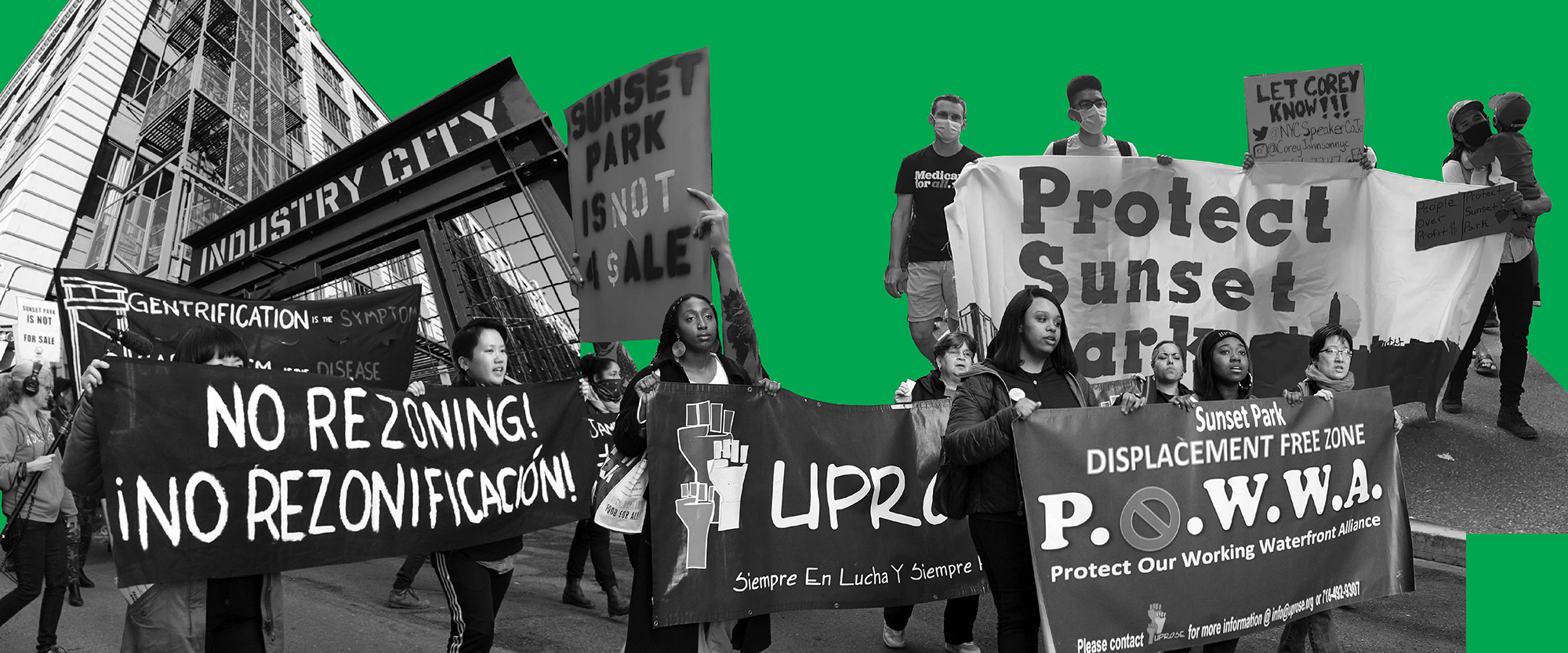
About
The Sunset Park is Not for Sale Oral History Project documents and preserves the organizing efforts that residents, community leaders, grassroots groups, and community organizations have carried out to protect the working class character of the neighborhood and the well-being of the working-class and immigrant communities that proudly call Sunset Park home. This project pays tribute to the voices of those who have united to establish collective influence in shaping decisions and affairs that impact the social, economic, and environmental aspects of Sunset Park.
At the same time, the project serves as a valuable tool for community organizing, especially in the face of city plans and real estate development agendas that increasingly target immigrant and working-class communities for expansion and profit. It aims to pass on knowledge to those who will engage in future struggles and to the next generations of Sunset Park's activists. In essence, this project is a collective endeavor to draw wisdom from past experiences, enabling action in response to present and future rezoning and gentrification processes.
Values, Purpose, and Methods
At the heart of this oral history project lies the intrinsic value of land and its connection to the people who reside on and care for this land, both for the present and future generations. It places a special emphasis on the grassroots efforts aimed at preserving land usage for the benefit of the community, rather than for the profit-driven interests of real estate.
The project has multiple objectives. Firstly, it aims to uncover the tangible and intangible outcomes of profit-driven development and rezoning processes, from the perspective of residents and those directly affected. Secondly, it seeks to compile local organizing strategies for resident mobilization, coalition building, and campaign development to assemble new collective visions and strategies to keep protecting low-income housing and manufacturing spaces in the near future.
Thirdly, it sheds light on the challenges encountered in the pursuit of collective power to attain community control over decisions traditionally made by influential stakeholders. Fourthly, this project aims to underscore the significance of neighborhood coalition building and city-wide alliances in constructing a broader front dedicated to the protection of working-class and immigrant communities throughout the city. Lastly, this oral history project aims to demonstrate that when people stand united, they are difficult to defeat.
The Sunset Park Is Not for Sale Oral History Project was conceived a year after the owners of Industry City withdrew a controversial rezoning application, which sought to transform the 35-acre complex situated along Sunset Park's waterfront. If this rezoning had been approved, it could have triggered a transformation akin to what has been witnessed in other industrial and working-class districts in northern Brooklyn. Thanks to the dedicated efforts of numerous residents, community leaders, and organizers, a resounding message echoed throughout the city: Sunset Park is Not for Sale, neither now nor ever.
The slogan "Sunset Park is Not for Sale" was initially conceived during actions organized by UPROSE and was eventually embraced by the community manifesting as banners, signs, chants, and wall projections. Central to the methodology of this oral history project is bringing together the memories and experiences of the individuals who have carried that message. While it is currently in the documentation phase, this project will progress through subsequent stages, including analysis, dissemination, and education.
Team and Collaborators
This ongoing oral history project is a collective endeavor led by Gabriela Rendón in collaboration with an intergenerational advisory team, whose members, listed in alphabetical order, include Genesis Aquino, Jeremy Kaplan, Antoinette Martínez, Rodrigo Camarena, Marcela Mitaynes, Maria Roca, Elizabeth Yeampierre, and Betty Yu.
The editing, analysis, and indexing of the interviews have been carried out by Xavier Alvarez Moysén, a Ph.D. candidate in Sociology at The New School and a senior researcher with the Housing Justice Oral History Project. The interview material will be progressively released alongside a collection of photographs of the narrators, as well as an archive of photographs from community meetings, actions, and marches. Both sets of photographs have been shared by and attributed to Rodrigo Camarena.
Overarching Themes
- Collective Power
- Land and Housing Rights
- Gentrification
- Coalition Building
- Solidarity
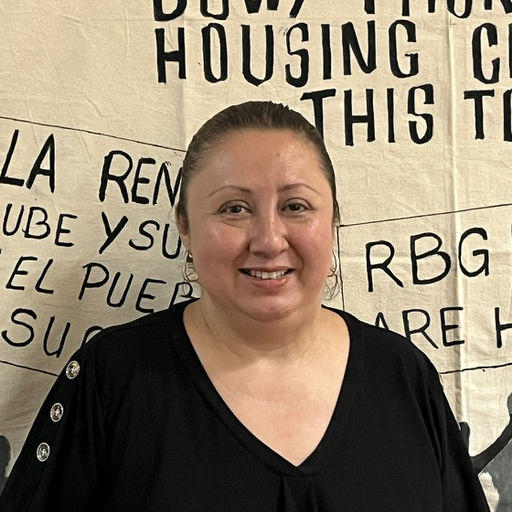 Aura Mejia
Aura Mejia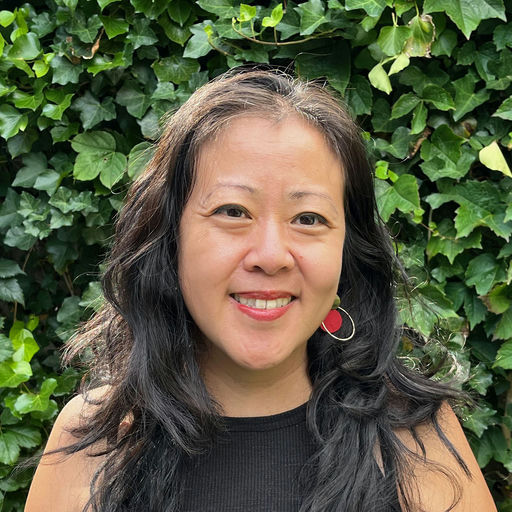 Betty Yu
Betty Yu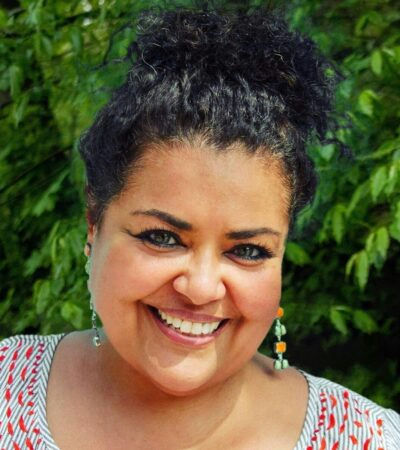 Elizabeth Yeampierre
Elizabeth Yeampierre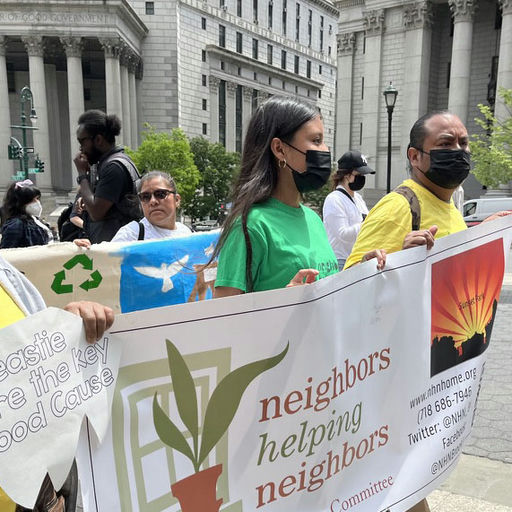 Fabian Bravo
Fabian Bravo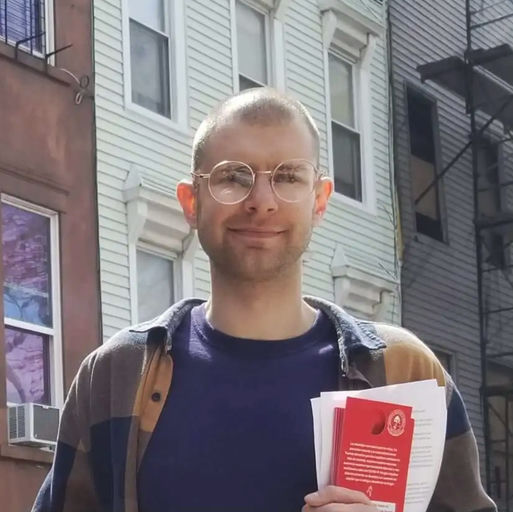 Jared Watson
Jared Watson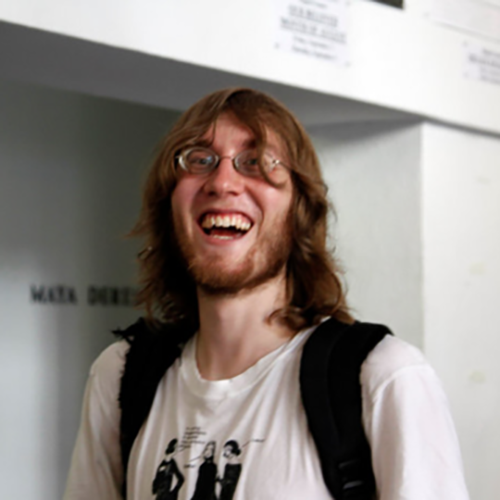 Jeremy Kaplan
Jeremy Kaplan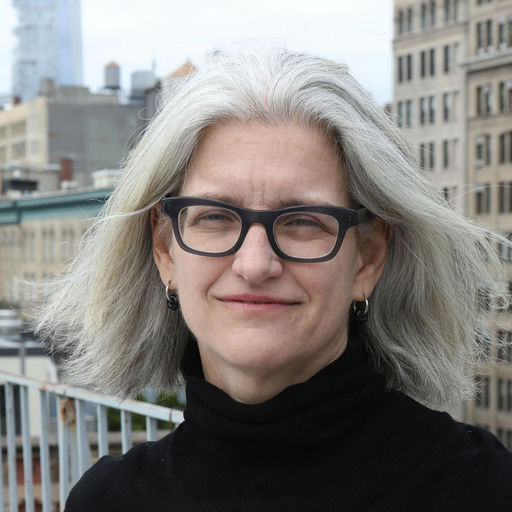 Kelly Anderson
Kelly Anderson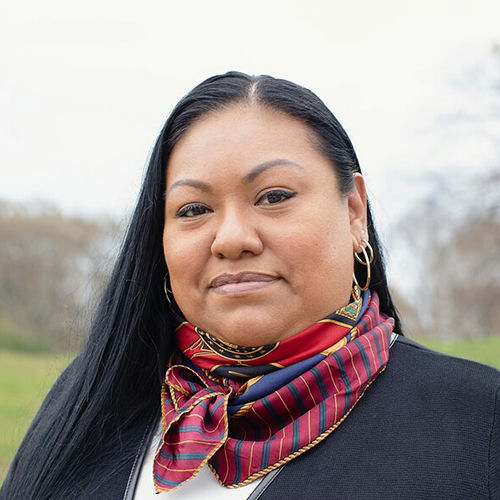 Marcela Mitaynes
Marcela Mitaynes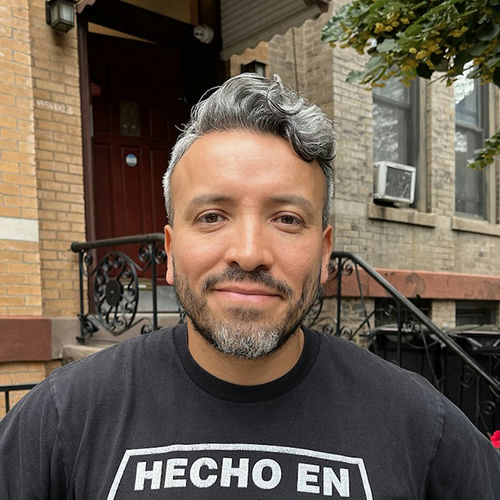 Rodrigo Camarena
Rodrigo Camarena